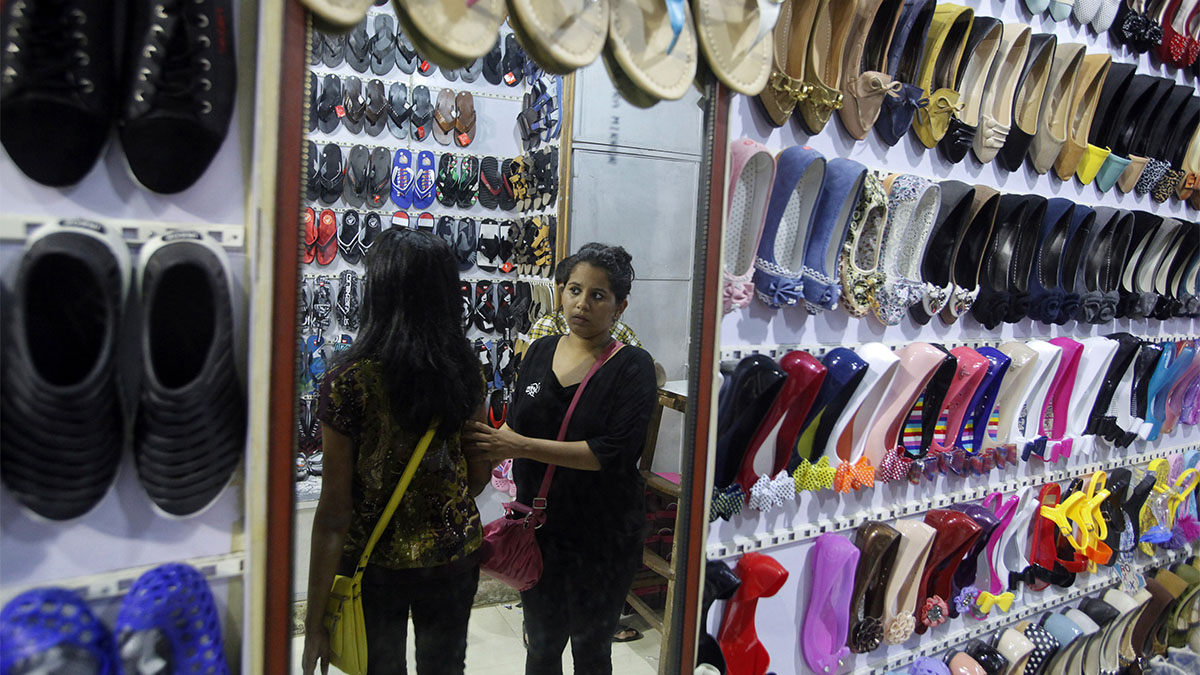The Indian retail industry is expected to grow significantly, anticipating a market size of $1.8 trillion by 2030. Driven by strong consumer demand, digital transformation, and global partnerships, the upcoming Budget 2025 presents an opportunity to introduce important reforms that could greatly benefit the retail ecosystem.
Addressing Taxation to Strengthen Retail Growth
Reduction of taxes may be instrumental in making goods affordable while boosting consumer spending. Some major expectations from the nearing budget are as follows:
Reduction of GST on footwear: The footwear industry makes a significant segment of retail and currently pays a GST of 18 per cent. A proposed reduction of 12 per cent will reduce the cost of their products, making them affordable to consumers, thus leading to the growth of the market.
Reducing Corporate Tax Rates: A reduction in corporate tax rates from 25 per cent to 20 per cent will completely lighten up retail businesses to reinvest in growth plans, build their physical and digital space, and create jobs.
Customs Duty Reforms: The current 38.5% customs duty has a huge effect on pricing and the feasibility of footwear imports. A reduction to 22 per cent might considerably facilitate further international brands into India while reducing the burden of high-quality premium products for Indian consumers.
Easing compliance through digitisation
A further anticipated move is the introduction of faceless assessments to all matters related to GST compliance. Progressively moving towards an adroit administration with the help of digitisation will lead to increased ease of doing business and reduce bureaucratic delays while at the same time giving retailers a more transparent regulatory framework to operate within.
Integrating a system of digital taxation would also give a further boost to the simplification of compliance; the decrease in tax disputes would smoothen the operations of businesses, bigger or smaller. Digital tools for compliance will be in line with the best practices to create a business-friendly regulatory system.
Additionally, encouraging BIS-compliant factories in India will be crucial to ensure that retailers receive certified goods, preventing disruptions in their sales cycle. Without proper compliance, retailers risk financial losses due to restrictions imposed by BIS laws, making it essential for the supply chain to align with regulatory standards.
Boosting consumer demand and market expansion
Retail is one of the biggest contributors to the Indian economy and survives on strong consumer demand. The demand for premium quality products is on the rise with increasing disposable incomes and changing lifestyles. Consumer affordability has been a great issue owing to high taxation on essential retail products, especially footwear and apparel.
Impact Shorts
More ShortsIf such excise reforms are part of the budget, they are likely to add to domestic consumption. It means that this will ensure the smooth running of the whole supply chain, leading to a win-win situation for manufacturers, distributors, and retailers. Lower costs may also invite competition and increase innovations from ever-increasing players in the market.
Encouraging foreign investment in retail
India is now favoured by foreign direct investment (FDI) in retail because of its vast consumer base and the emergence of a growing middle class. However, certain existing taxation policies, coupled with high customs tariffs, sometimes seem to deter foreign retailers and brands from fast-paced expansion within the nation.
The Budget 2025 could play a transformative role in addressing these challenges. By reducing corporate taxes and easing import duties, the government could make India a more lucrative market for international brands. This would not only introduce more product variety for consumers but also create job opportunities and drive technological advancements in retail infrastructure.
A catalyst for the retail boom
These measures, if implemented, could be transformational for India’s retail sector, facilitating:
Higher consumer spending and affordability
Ease of entry and expansion for international brands in India
Increased domestic manufacturing and employment generation
Ease of doing business: This would boost investments in the retail
Infrastructure and digital governance in taxation and compliance.
As India moves towards becoming a global retail powerhouse, Budget 2025 presents a golden opportunity to introduce strategic tax reforms that empower both businesses and consumers. The right fiscal policies will not only drive sectoral growth but also strengthen India’s position as a global leader in retail innovation and market expansion.
The author is Head of Business Development and Director of Brandman Retail Limited. Views expressed in the above piece are personal and solely those of the author. They do not necessarily reflect Firstpost’s views.
)